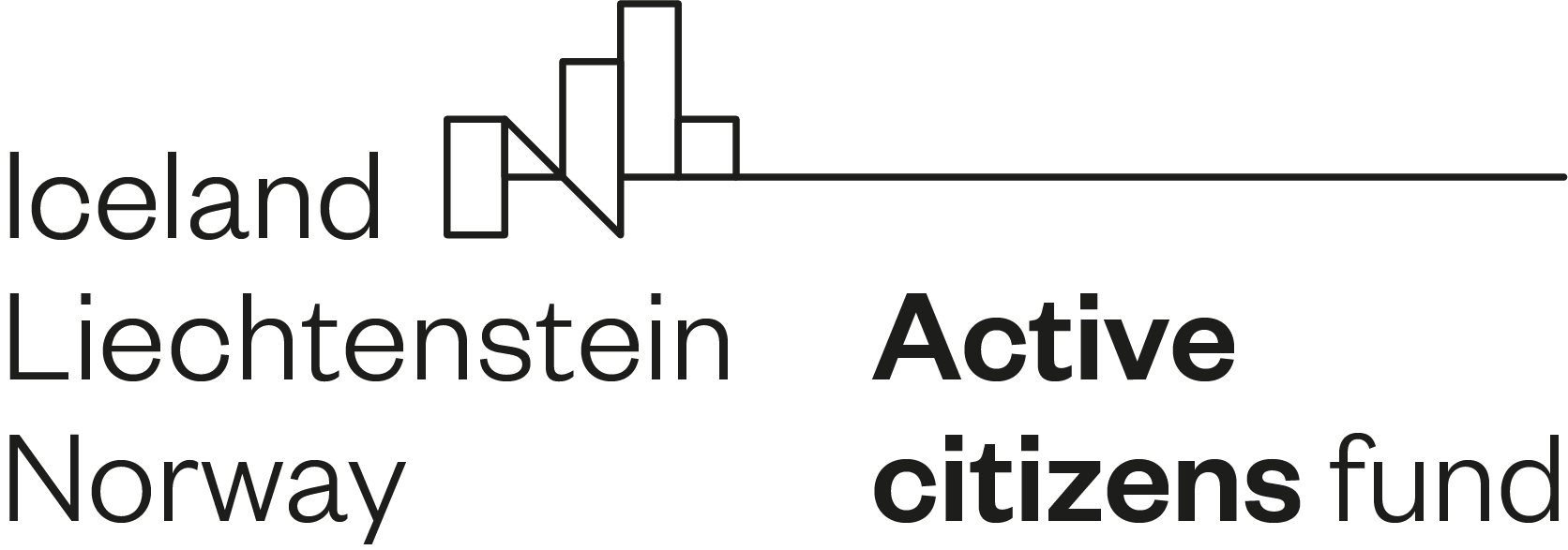The event was organized by Ökotárs – Hungarian Environmental Partnership Foundation, Autonomia Foundation, Foundation for the Development of Democratic Rights, Carpathian Foundation-Hungary in cooperation with the Norwegian Helsinki Committee. The Hungarian organizations represent the program operator of the Hungarian NGO-program.
Over the past years, the Norwegian, Icelandic and Lichtenstein taxpayers contributed significantly to the development of the new Member States of the European Union, among them Hungary, through the EEA and Norway Grants.
One of the priority areas of the grants has been to strengthen civil society in the beneficiary countries. In Hungary, since early 2013, 11.6 million € have been distributed by the consortium of foundations managing the NGO programme locally to more than 440 projects implemented by civil society organizations. This has happened in spite of an unprecedented series of harassments launched by the government targeting independent organizations working for the protection of human rights, gender equality, LBGT and against corruption.
As the grant programme is coming to an end, the representatives of the program operator invited interested parties in Norway to a presentation of the key facts and results of the programme – in other words how Hungarian NGOs have used the funds. The speakers also described the short history of how the programme evolved and how NGOs survived and responded to the attacks by the Hunagrian government.
These presentations were held:
The history and key results of the EEA/Norwegian NGO Programme in Hungary, by András Nun, director, Autonomia Foundation
- outline and brief history of the programme;
- main results and achievements; best practices and success stories;
- the keys to success and lessons learned.
The situation of independent civil society in Hungary – a closer look at recent years’ developments and their consequences by Barbara Erős, strategy director, Foundation for the Development of Democratic Rights
- brief history of civil society development since 1990,
- the Hungarian government’s approach to independent civil society,
- the response of NGOs: “what doesn’t kill you, makes you stronger”.
The need for continued European support to civil society development – the EU’s role in countering closing space and possible ways forward by Veronika Móra, director, Ökotárs – Hungarian Environmental Partnership Foundation
- the roles and functions of CSOs in addressing the challenges Europe is facing;
- countering shrinking civil space – why CSO support is more needed than ever before?
- the key to efficient CSO support – what are the features of CSO-friendly funding mechanisms?
Reflections:
Working with Hungarian NGOs – the Norwegian perspective with Lisen Julie Mohr, FRAMBU and Csilla Czimbalmos, Norwegian Helsinki Committee.
The workshop was accompanied by a photo exhibition and video screenings of projects supported within the framework of the EEA NGO Programme in Hungary.
Read more about the NGO-program in Hungary here.
Read more about the EEA and Norway Grants here.
